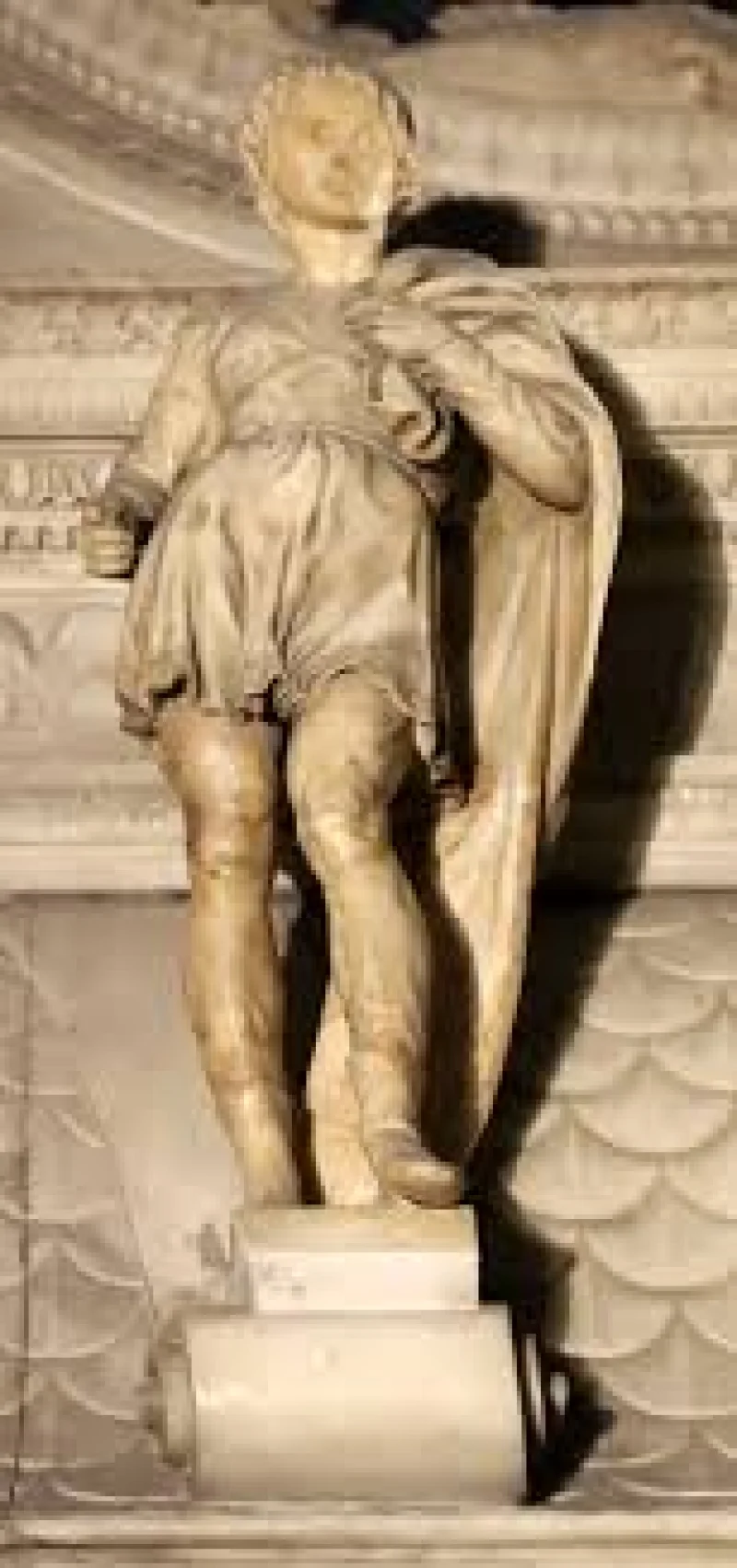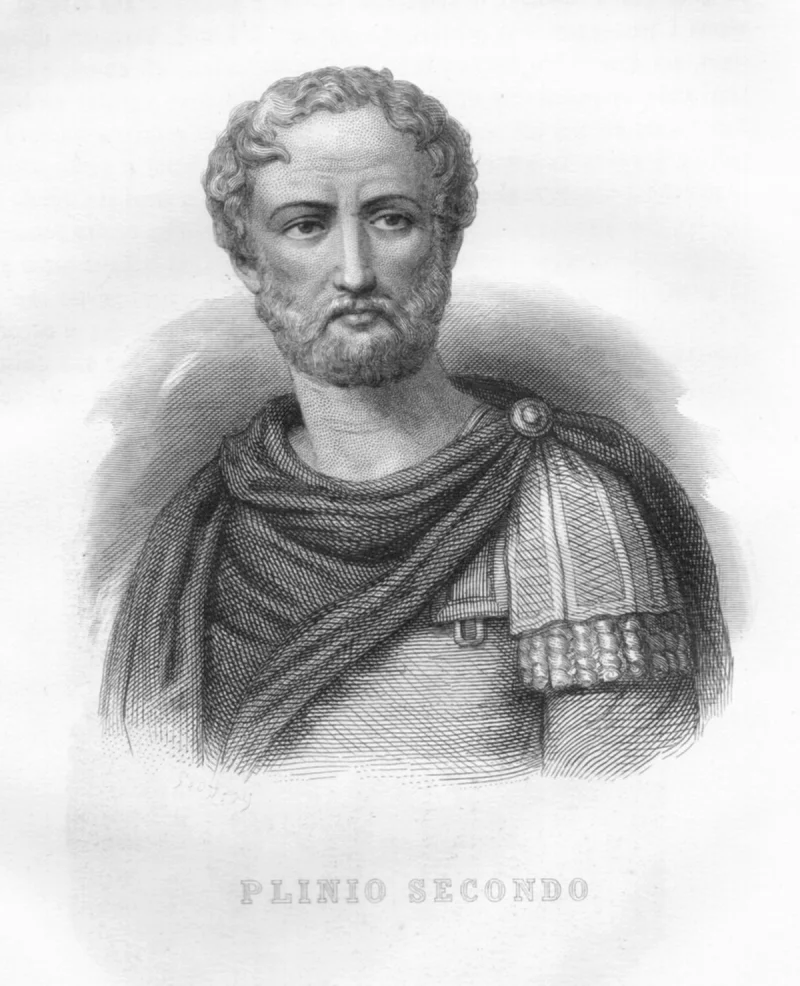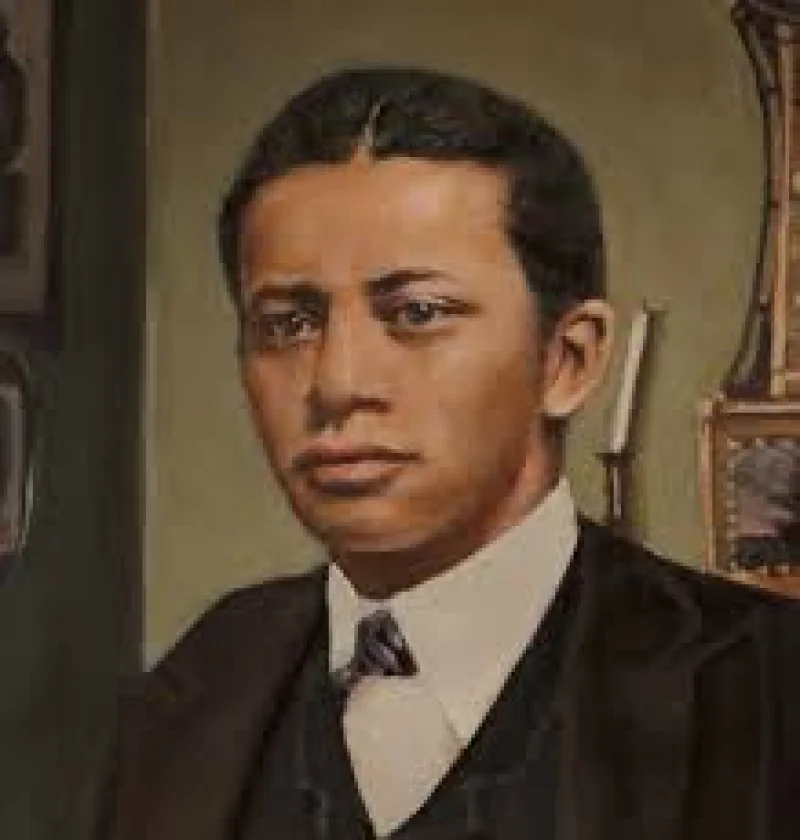Short Summary
Proclus was a prominent Greek Neoplatonist philosopher who lived during the 5th century CE. He is renowned for his significant contributions to philosophy, particularly in the areas of metaphysics and ethics. As a leading figure of the Athenian school of Neoplatonism, he synthesized earlier philosophical traditions and influenced subsequent Islamic and Christian thought. His works, such as "Elements of Theology," remain influential in the study of Neoplatonism.
Early Life & Education
Proclus was born in 412 CE in Byzantium, which is modern-day Istanbul. He came from a well-off family that valued education. Early on, he was sent to study in Alexandria, a hub of learning and scholarship. There, he was exposed to a broad spectrum of philosophical ideas, which laid the groundwork for his intellectual pursuits. Later, he traveled to Athens, where he became a student of the Platonic tradition under the guidance of Plutarch of Athens and Syrianus. His education was deeply influenced by the teachings of Plato and Aristotle, which he sought to harmonize.
Career Highlights
Upon completing his studies, Proclus became one of the most respected philosophers of his time, eventually succeeding Syrianus as the head of the Platonic Academy in Athens. He dedicated himself to teaching, writing, and expanding the Neoplatonist system. His tenure at the academy was marked by prolific output, including commentaries on Plato and Aristotle, as well as original works. Proclus was deeply engaged in religious practices, believing in the interaction between philosophy and spirituality. His leadership at the academy significantly elevated its status as a center of philosophical thought.
Major Achievements
- Wrote "Elements of Theology," which systematically presented Neoplatonist metaphysics.
- Composed commentaries on several of Plato's dialogues, enhancing their understanding.
- Developed a comprehensive philosophical system integrating various traditions.
- Influenced later Medieval and Renaissance thought, bridging classical and later philosophies.
Famous Quotes
- "To be fully human is to strive for the divine."
- "The universe is a living being endowed with a soul and intelligence."
Interesting Facts
- Proclus was a firm believer in theurgy, which involves rituals to invoke divine powers.
- He was known to have practiced vegetarianism, reflecting his ascetic lifestyle.
- Proclus is sometimes referred to as the "successor" in philosophical texts, indicating his prominent role.
- Despite his pagan beliefs, his ideas were later integrated into Christian theology.
Legacy / Influence
Proclus's work had a lasting impact on the development of Neoplatonism and its integration into Christian theology. His philosophical system influenced both Eastern and Western traditions, impacting Islamic scholars and Christian theologians during the Middle Ages. His attempts to reconcile various philosophical doctrines paved the way for a more synthesized approach to metaphysics and ethics, maintaining relevance in philosophical discourse through subsequent centuries.
FAQ
Q: Why is Proclus famous?
A: He is famous for his contributions to Neoplatonism and his influential philosophical writings.
Q: What is "Elements of Theology"?
A: It is a seminal work by Proclus that presents his systematic approach to Neoplatonist metaphysics.
Q: How did Proclus influence later thought?
A: His integration of philosophical traditions influenced both Islamic and Christian theological developments.
Q: Was Proclus involved in religious practices?
A: Yes, he was deeply involved in theurgy and believed in the interaction between philosophy and spirituality.













